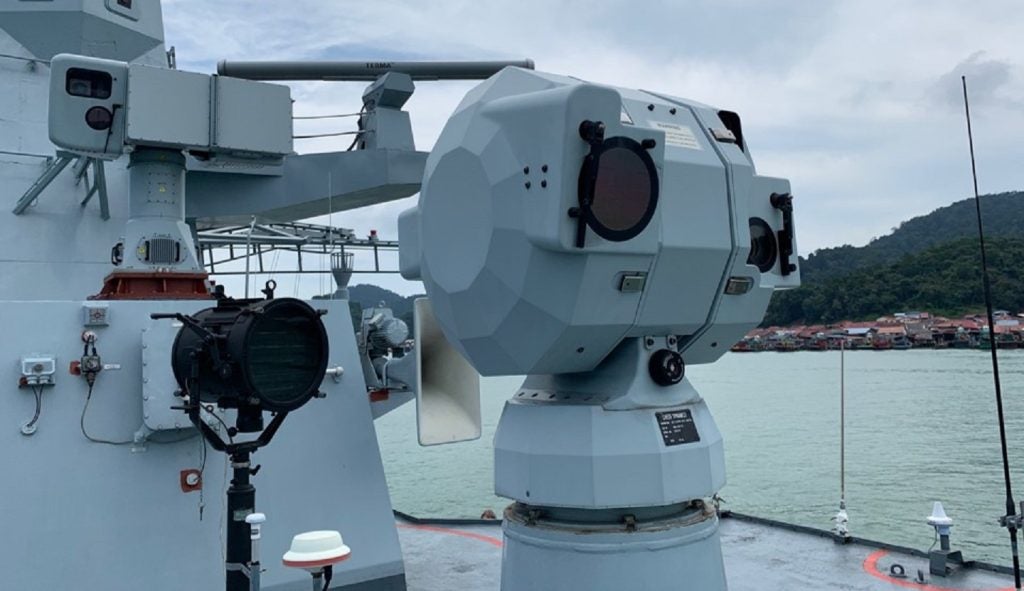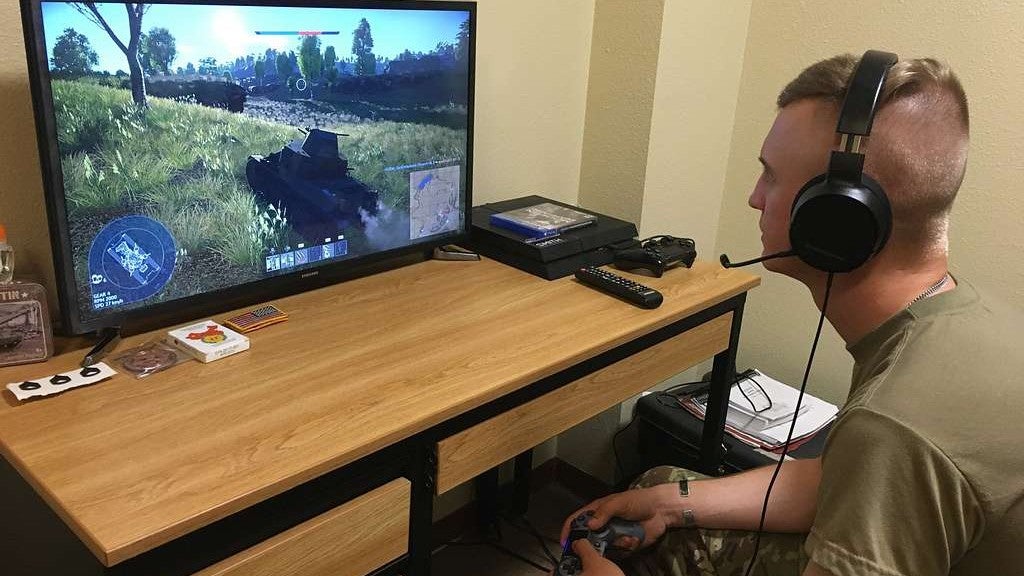
The trilateral AUKUS partnership – between Australia, UK and the US – will open up for collaboration with potential partners, such as Japan, as the three seek to benefit from global innovation in emerging technologies.
New partners will enter the fold of the AUKUS Pillar II phase, which focuses on developing a range of advanced capabilities, to share technology and increase interoperability. It includes quantum technologies, undersea capabilities, artificial intelligence and autonomy, cyber, hypersonic and counter-hypersonic capabilities, and electronic warfare (EW).
As part of the second pillar initiative, the three nations have set up various schemes to boost innovation in these emerging tech areas. Recently, numerous defence companies attempted to resolve vulnerabilities of land-based autonomous systems in EW-congested environments in February 2024 – a far cry from the central policy of nuclear submarines for Australia under Pillar I.
Similar endeavours include launching a competition to suppliers from around the world to source EW solutions to electromagnetic spectrum congestion. In the same spirit, the three partners hope to continue to tap into other foreign industrial bases.
The partners have always been clear on the intent to engage additional nations in Pillar Two projects as the work progresses. The potential collaborations will complement and build on the close bilateral relationships that all three AUKUS nations have with other countries.
“Recognising Japan’s strengths and its close bilateral defense partnerships with all three countries, we are considering cooperation with Japan on AUKUS Pillar II advanced capability projects,” the three nations said in an joint statement on 8 April 2024.
How well do you really know your competitors?
Access the most comprehensive Company Profiles on the market, powered by GlobalData. Save hours of research. Gain competitive edge.

Thank you!
Your download email will arrive shortly
Not ready to buy yet? Download a free sample
We are confident about the unique quality of our Company Profiles. However, we want you to make the most beneficial decision for your business, so we offer a free sample that you can download by submitting the below form
By GlobalDataJapan is investing heavily in its Armed Forces, according to GlobalData intelligence. The country’s highest valued sectors are military fixed-wing aircraft, surface combatants and missile defence systems as the nation is forecast to invest $32bn, $8.8bn and $700m over the next several years respectively.
The decision to approach Japan is a wise one given its growing militarisation and location in the Pacific. At the centre of the programme, AUKUS functions as a US-led geopolitical entity centred around the Indo Pacific theatre, in which the three partners espouse the virtues of national sovereignty and deterrence against Chinese military aggression.
In an exclusive interview, Mark Cancian, a senior fellow at the Center for Strategic and International Studies, revealed the logistical significance of Japan in the wargames he and his colleagues conducted, which centred around a potential Chinese invasion of Taiwan.
“The critical thing about Japan is the ability to use bases. If we can’t use these bases… then it’s going to be very hard to get any of our tech into the fight. I mean, all those F-35s just don’t have the legs to operate over Taiwan, if you’re basing them in Guam or Australia.”







